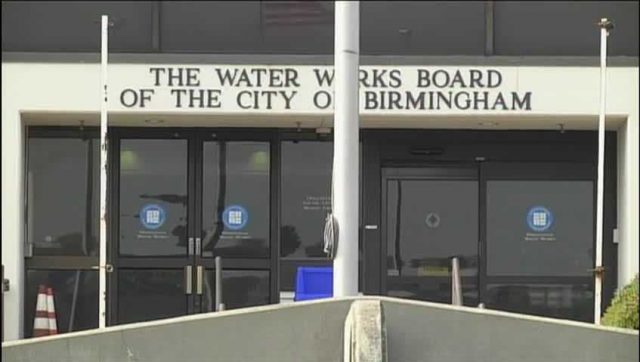By Barnett Wright | The Birmingham Times
Birmingham Water Works’s executive committee met last week to consider spending $120 million for automated meters that will replace meters being read by hand.
The Advanced Metering Infrastructure (AMI) System is designed to automatically read customer meters and measure water consumption which will lead to accurately billing customers for water consumed, according to BWW.
The move comes after some frustrated residents faced missed bills and bills significantly higher than usual as a result of mass estimations. Water systems in the metro area that have already installed self-reading smart meters say they are the most effective way to improve accuracy and reduce cost.
Installing AMI would benefit BWWB customers by raising the percentage of accurate bills to nearly 100 percent and enhancing the utility’s ability to detect leaks, BWW officials say.

“Our Advanced Metering Infrastructure initiative enables us to eventually move away from the traditional manual meter reading process,” said Tereshia Huffman, chair of the Birmingham Water Works Board. “Above all else, this new system will be more efficient and manageable while improving the customer experience overall.”
Managers have said it could be a four-to-five-year process to get the automated meters turned or changed out, but it could pay for itself long term without a rate increase by reducing “monetary forgiveness” due to the inability to detect and fix leaks in a timely manner and eliminating manual meter reading expenses, including staff time for normal reading activities including re-readings.
As outlined to the BWW’s executive committee last week, key benefits to implementing an integrated (AMI) program with capital expenditures of $119,328,050, include:
- Meter replacement: The replacement of existing meters will help accurately measure water consumption and improve customer service.
- Leak detection: AMI systems have the ability to read meters several times a day, which could help detect continuous water consumption (leaks) which can be used notify customers that there may be issues at their home affecting water usage.
- Eliminate manual meter reading: AMI systems eliminate the need for employees to manually read meters, improving operational efficiencies. This allows for staff to investigate problems and resolve customer account issues in a timely manner.
- Establish customer accounts: The system will enable the utility to establish new accounts and shut off old accounts to improve operational efficiencies.
BWW management will consider three implementation scenarios and could make a recommendation to the board as soon as in October. The one question, according to staff is how to minimize customer and service disruptions moving forward.
Founded in 1951, Birmingham Water Works (BWW) serves nearly 770,000 people in Jefferson, Shelby, Blount, St. Clair, and Walker counties. The BWWB operates four filtration plants, a certified testing laboratory, and has more than 4,000 miles of pipe in its distribution network.





